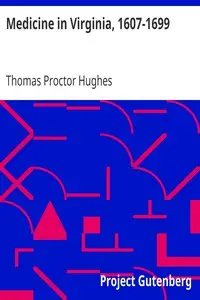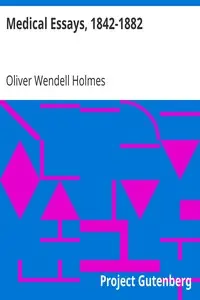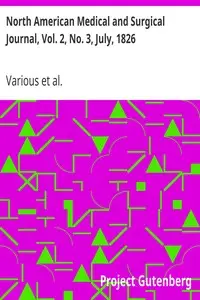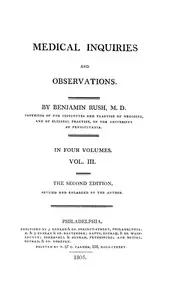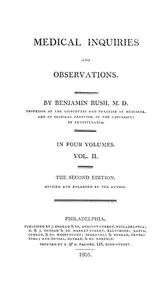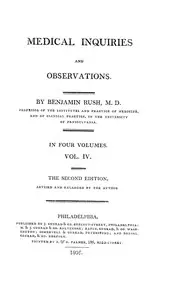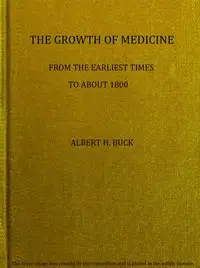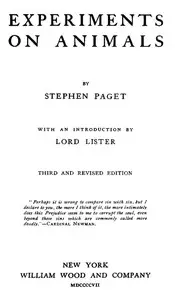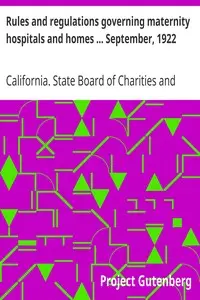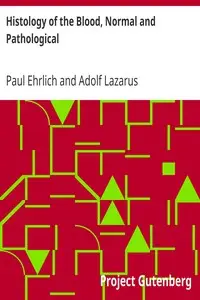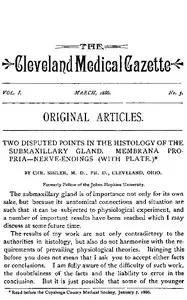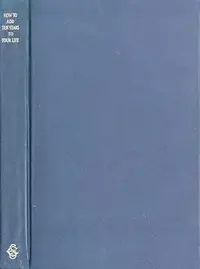"Medical Inquiries and Observations, Vol. 1" by Benjamin Rush is a revised and expanded edition of the author’s medical investigations from the 1800s. The book presents a wide array of medical subjects, from descriptions of diseases and their treatments used during Rush's era, to a comparison of medical techniques between Native American societies and the civilized world of that time. It begins with the author's introduction, which establishes the book’s aim to offer a fresh and improved account of his medical research. Rush talks about the difficulties in fully grasping the history of medicine, particularly when studying the practices of North American Indian tribes, and looks at how cultural traditions affect well-being in both Indigenous and European communities. Rush underscores the importance of further investigating the origins and cures for illnesses, paving the way for later sections that explore specific ailments, the effects of climate on health, and evaluations of diverse approaches in medicine.
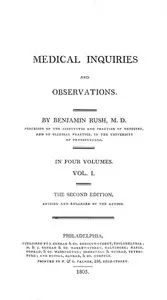
Medical Inquiries and Observations, Vol. 1 The Second Edition, Revised and Enlarged by the Author
By Benjamin Rush
Explore a detailed account of historical medical practices, illnesses, and the contrasting healthcare approaches of early America’s indigenous peoples and civilized societies.
Summary
About the AuthorDr. Benjamin Rush was an American revolutionary, a Founding Father of the United States and signatory to the U.S. Declaration of Independence, and a civic leader in Philadelphia, where he was a physician, politician, social reformer, humanitarian, educator, and the founder of Dickinson College. Rush was a Pennsylvania delegate to the Continental Congress. He later described his efforts in support of the American Revolution, saying: "He aimed right." He served as surgeon general of the Continental Army and became a professor of chemistry, medical theory, and clinical practice at the University of Pennsylvania.
Dr. Benjamin Rush was an American revolutionary, a Founding Father of the United States and signatory to the U.S. Declaration of Independence, and a civic leader in Philadelphia, where he was a physician, politician, social reformer, humanitarian, educator, and the founder of Dickinson College. Rush was a Pennsylvania delegate to the Continental Congress. He later described his efforts in support of the American Revolution, saying: "He aimed right." He served as surgeon general of the Continental Army and became a professor of chemistry, medical theory, and clinical practice at the University of Pennsylvania.

